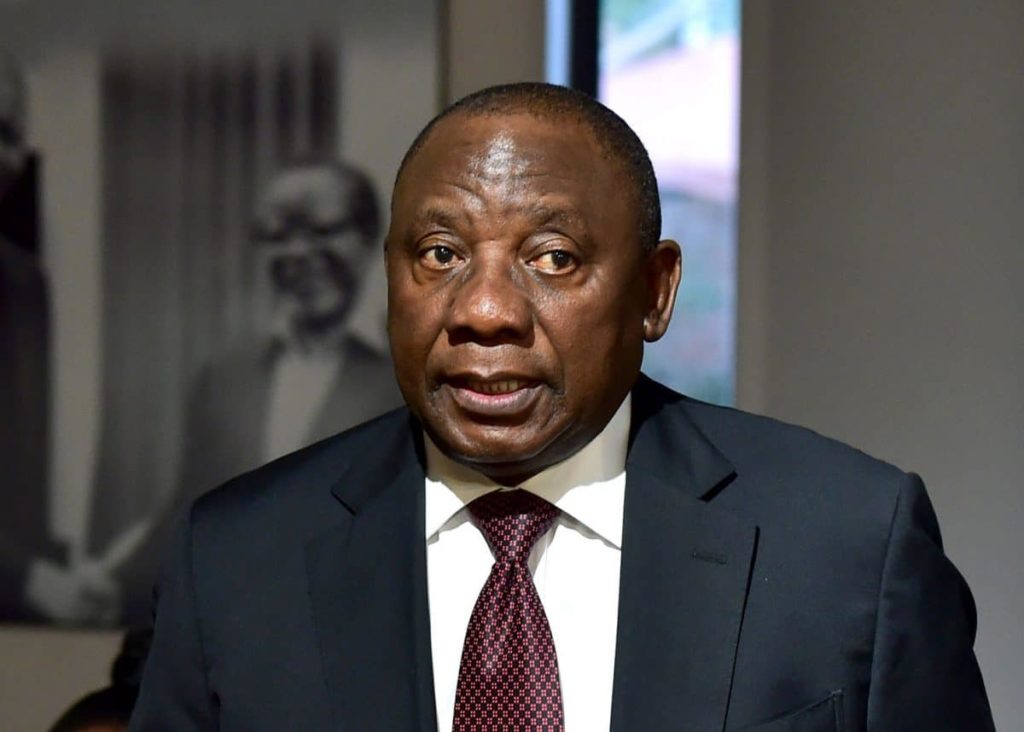THIS year is going to be a big one for the world and all the humans who live in it. More than 50 democratic elections are set to take place in different countries, including in South Africa (SA).
It is also going to be a frightening and unpredictable year.
If 2023 was the year that global heating revealed its hand with the hottest temperatures on record, 2024 will only be worse.
If 2023 was the year when an unspeakable genocide was inflicted on defenceless people in Palestine, armed with weapons of the developed countries, 2024 could be a year of widening and deepening conflicts, raging and roiling amid a broken system of international law.
But despite these huge — literally planetary — challenges, at the end of the day, bringing about progressive change, change that re-centres human rights and dignity, still rests with each of us as individuals. It depends on (y)our ability to change (y)ourselves and take control of (y)our destinies again.
2024 is going to be a big year in SA as well, a country “we, the people” really can change. Somewhere between May and August we will hold our seventh democratic election.
But despite all the election hype, I’m worried that millions of people might have already accepted defeat. By 2023’s end, despite the availability of online registration and a voter registration weekend in November, we only added 568 374 new voters to the voters roll.
Thirteen million people have not yet registered for the election. Perhaps this is because all they see is old political parties reshuffling deck chairs, squabbling politicians and little evidence of new ideas. But surrendering now is defeatism.
Research shows that the greater the number of people who register and vote, the more change is likely. The Electoral Commission is organising a second voter registration weekend on 3 and 4 February. One of the first things civil society, the churches, business and the media should do in 2024 is to join forces with organisations like Mbali Ntuli’s Ground Work Collective to register millions more people to vote and to build their power.
Last year, Maverick Citizen and Fine for Good, a communications company, initiated a project that we called “Hope is a Verb”. We did research and conducted interviews that prove that hope is not a passive or evasive state, but an active one. Hope is a state of doing.
People draw hope from seeing others do things and make sacrifices for other people, and who, therefore, must still have hope themselves. And there are many more of these activists around than you may think. Photojournalist Thom Pierce has captured just the tip of the iceberg with the series he calls The Actionists.
We still have power if we want it and if we can assemble it into something more than the sum of its parts. International Human Rights Day was on 10 December – the 75th anniversary of the ground-breaking Universal Declaration of Human Rights. It was also the 25th anniversary of the founding of the Treatment Action Campaign (TAC).
On that day, the TAC held an all-night vigil in downtown Joburg with 500 of its members. At one point in the evening, hundreds of names were read out of TAC members who have succumbed to Aids over the years. I knew many of them. It was a sad and sombre moment, an activist’s requiem.
But in almost the same breath, the TAC celebrated that its campaigns, driven by black working-class and poor people, have saved more than five million lives. The TAC is still alive and kicking, ready to continue its campaigns. That is cause for hope. Hope.
Hope. Hope. Hope is a verb. It is a prerequisite to have hope if we are to bring about change in 2024. Flowing from this, we must believe that though we are fed up, sceptical and cynical, demotivation and demobilisation suit the status quo.
We must believe another politics is possible: one based on constitutional values, social solidarity, experience and skill, public accountability and collective responsibility for the planet.
We may be tired of the antics of the ANC, the perpetual excuses for prolonging corruption, but all around us there are green shoots in parties such as Rise Mzansi, TAC activist Zackie Achmat standing as an independent candidate and now Change Starts Now, a new political platform launched on 10 December by Roger Jardine.
A huge amount is at stake in 2024. To get the change we want, we must work. Build power in your community. Join The Actionists and the activists. Act, register and then vote while it still counts.
● Heywood is the editor of Maverick Citizen, a section of South Africa’s Daily Maverick. — DM
